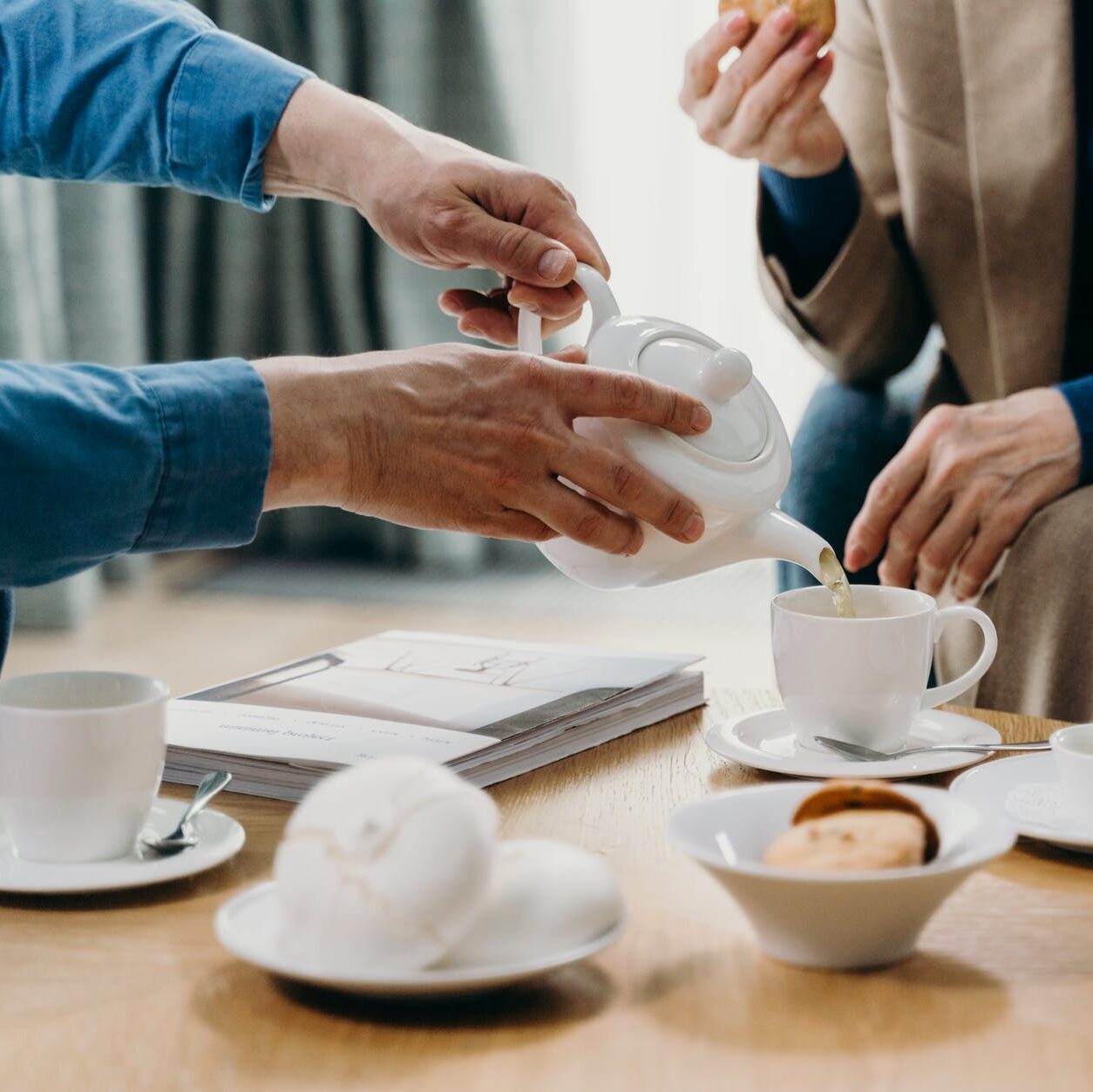Why is socialising so important?
Socialisation is crucial for people living with dementia for several reasons, all of which support both cognitive and emotional wellbeing.
Stimulating the brain
Engaging in conversations and social activities stimulates the brain. By encouraging the use of memory, language, and thinking skills, we can slow cognitive decline.
Emotional support
It’s not uncommon for people living with dementia to feel isolated or anxious. Being around family, friends, or support groups can provide emotional comfort, helping to maintain a positive mood and a sense of belonging.
Preserving communication skills
Conversations and social activities encourage us to use and practise our communication skills. These opportunities can help to slow the deterioration of speech and language, which in turn, allows for the expressions of needs and emotions for longer.
Routine and structure
Social engagements help create a sense of routine, which can be reassuring for people with dementia. Predictable interactions and familiar faces provide a sense of security and stability in their lives, helping to reduce confusion and anxiety.
What groups can I attend?
What to expect at a group
This will vary depending on the group you want to attend. For instance, at a dementia cafe, the goal is to provide people with support in a relaxed and informal environment. Attending a cafe begins with a warm welcome and usually a cup of something to break the ice.
Many of our groups and events have a range of activities that may take place. These range from guest speakers (e.g. health professionals) to interesting taster activities such as painting or craft sessions, themed reminiscence conversations (e.g. talking together about a favourite celebration) and the ever-popular chance to do some singing.

If you are worried about your memory (or that of someone close) but no formal diagnosis of dementia has been made, you are still welcome to visit one of our events to find out more information about what may be concerning you.
You can find your closest event by first checking out our events page or you could speak to your Dementia Adviser to find out what else is in your area.
Do I have to pay?
The vast majority of our events and groups are completely free, but some special events (think bowling or the cinema) may need a small fee to cover costs.
Any upcoming sessions, along with information on their location and timings will be posted on our events page. Click the button below to find one near you.
“Engaging with the dementia cafe bought enjoyment to my client living with dementia and his wife. The support they received from meeting others in a similar situation was beneficial to them both”
One of our Dementia Advisers
“Mum is very sociable, but boy, oh boy, was she on form yesterday! I haven’t heard her talk so much and so animated. When I took her home [after the memory café], thinking she would collapse into a heap exhuasted, she was chatting away”.
Julie, talking about her Mum, Terry.
